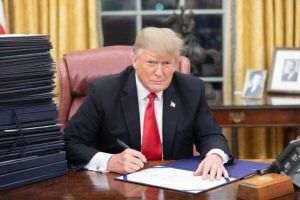The recent decision of the European Court of Justice upholding Austria's complaint against the Paks 2 project, finding that the Hungarian investment, supported by the Russian company Rosatom, violates European state aid rules and affects competition, has paved the way for Budapest to quickly reposition itself on the international energy scene. Viktor Orban's government reacted immediately to the ruling by signing a strategic nuclear cooperation agreement with China in Vienna yesterday, a step that marks a major change of direction and an acceleration of Hungary's energy ambitions.
According to the government website in Budapest, Foreign Minister Peter Szijjarto stressed that Hungary is counting on a major opening up to Asian partners to ensure the continuity and diversification of its nuclear program. In a powerful rhetoric, the Hungarian foreign minister stressed that the strategic goal of the Orban government is to turn nuclear energy into a bridge between East and West, and for Hungary to become a neutral ground where major global players can coordinate their interests. While Rosatom remains the main builder of the new reactors in Paks, with the involvement of French and German suppliers, Budapest has already concluded an exclusive agreement for the use of American technologies in the field of small nuclear reactors, and is now opening the door to Chinese partnership, consolidating its unique position as a neutral ground where Russian, American, European and Asian nuclear interests can coexist. This move sends a strong message: Hungary intends to become an energy hub of strategic importance, where atomic energy is the core of security, innovation and international cooperation.
The signal sent by this double move - the continuation of the Paks 2 project despite the CJEU decision and the termination of the partnership with China in the nuclear field - is that Hungary is continuing its own policy regarding its development, ignoring the fact that it is in direct conflict with the European Union of which it is a part.
We recall that a week ago the Court of Justice of the European Union dynamited the legal foundation on which the Paks 2 project was based, annulling the European Commission's decision from 2017 approving the state aid granted by Budapest for the construction of two new nuclear reactors. The European court found that the Community Executive did not properly verify whether the direct award, without a tender, of the contract to the Russian company Nizhny Novgorod Engineering complied with Community rules on public procurement, and this omission invalidates the entire substantiation of the project.













































